Why are Eco-friendly Prefab Homes a Better Choice

Eco-friendly Prefab Homes
A common question among families is what effect constructing a new home will have on the ecosystem. It makes sense to be concerned about this. An ordinary building site is anything but ecologically friendly, with its massive gear and bags of waste stuff. The process of creating a modern home harms the environment, even if most of them include many eco-friendly features.
Thankfully, you can establish roots and construct your own home without having to invade the surrounding area. Modular homes that have already been prefabricated are a great option for people who want to live sustainably.
Prefabricated or modular homes are growing in popularity as a result of the use of cutting-edge green technology and green architecture.
These are a few advantages that make these houses superior and eco-friendly.
Control of Waste
Reducing trash is one of the main advantages of modular homes. Because these modular home designs are prefabricated to precise proportions, surplus material is not needed during construction, potentially lowering waste. The frames, trusses, and other parts manufactured greatly decrease waste—by around 52%. The ability to significantly reduce waste is one of the eco-friendly aspects of portable homes.
Energy-Efficiency
Up to 72% less energy can be used in modular dwellings. Prefabricated homes are an energy-efficient option because they typically use renewable energy sources like solar panels.
Energy-efficient low-energy lighting options like LEDs or CFLs are commonly used in prefabricated dwellings. These eco-friendly aspects of portable homes contribute to a substantial reduction in energy consumption.
Being more eco-friendly than traditional residencies, it aids in lowering carbon emissions. Modern construction techniques guarantee accurate and precise construction throughout. Tight seams and joints on prefabricated homes help to trap warm air inside during the colder months. This lowers the energy cost and carbon footprint of your heating system by increasing its efficiency.
Save Water
Another factor making prefabricated homes greener than conventional brick-and-mortar homes is their water efficiency. When compared to conventional buildings, Tata Steel Nest-In's modular prefabricated homes use up to 48% less fresh water during their lifetime.
The considerable decrease in water consumption is a result of creative building techniques and materials that reduce waste and improve sustainability. Unlike typical construction sites where water is sometimes wasted, prefabricated homes are created in controlled factory environments where water usage may be carefully managed and optimized.
To further lessen their overall water footprint, these homes are also built with water-saving fixtures and systems. Selecting prefabricated homes is an important first step toward more sustainable living habits because it not only helps us save water but also preserves this valuable resource for future generations.
Healthy Homes
Because they are constructed using non-toxic materials and there is a continuous emphasis on clean and green energy, modular homes are more environmentally friendly than traditional housing. The eco-friendly aspects of portable homes ensure a healthier living environment by reducing exposure to harmful substances.
Construction waste is significantly reduced when dwellings are built in a factory setting because materials are used more effectively and extra material can be recycled more readily. Better control over energy use during construction is also made possible by this regulated environment.
Moreover, the carbon footprint involved with delivering personnel and raw materials to conventional construction sites is often lower when modular home components are transported to the building site more efficiently. Together, these elements not only make modular homes a more environmentally friendly option but also show that the housing sector is dedicated to sustainability and responsible resource management.
Shorter Building Time
Building a single-family home typically takes seven months. That implies months of long-term environmental disruption in addition to trucks and machinery constantly traveling to and from the construction site. Even worse, the whole process can be extended by snow or rain.
Portable Homes are more environmentally friendly, quicker, and more efficient. Weather delays do not affect construction because the majority of the work is done on the factory floor. Quick, on-site material assembly is done with little environmental impact.
Not only will Nature benefit from this, but so will your neighbors.
Sustainable Materials
The newest techniques for recycled building materials are employed in modular dwellings. They are utilized for roofing, insulation, and interior walls.
These residential buildings have 53% fewer greenhouse gas emissions than any traditional building. When compared to normal construction, the construction of these prefabricated dwellings generates only half as much carbon dioxide—roughly 73 tons—which is destructive to the environment over the course of their lifetime.
Revolutionize Home Building With Prefab Homes
Pressmach is setting the standard for portable home solutions, enabling everyone to live sustainably and efficiently. Our modular prefab homes are definitely a better option for modern living since they have several advantages over traditional construction techniques. Their capacity to drastically cut down on waste, energy use, and water use demonstrates their dedication to environmental responsibility and sustainability. Furthermore, safer and healthier living conditions are guaranteed by the use of cutting-edge construction methods and non-toxic building materials.
Pressmach, being one of the top prefab structure manufacturers in India, underscores the eco-friendly advantages of modular homes through the integration of energy-efficient technology and renewable energy sources. Modular prefab homes represent the true future of housing, with the extra advantages of quicker construction timeframes and lower construction costs.
Contact us for eco-friendly prefab homes in India.
Your Requirements
Related
Blogs


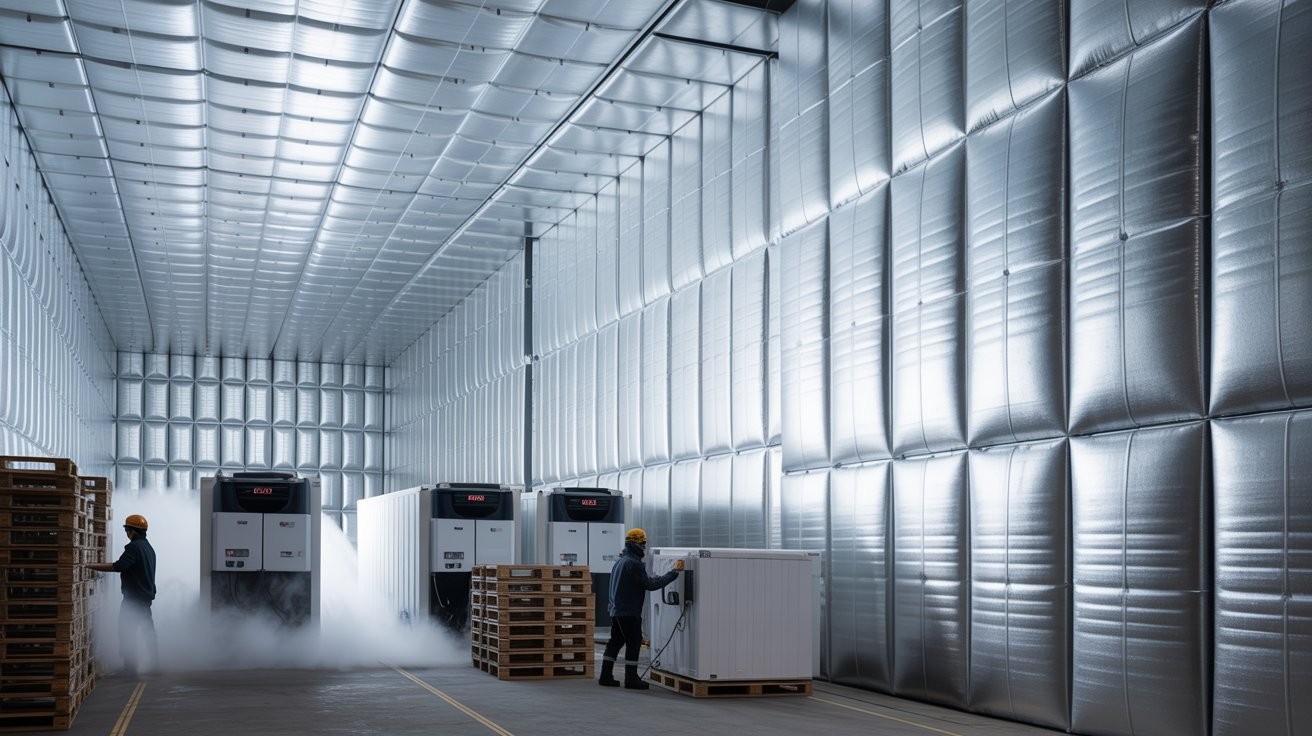
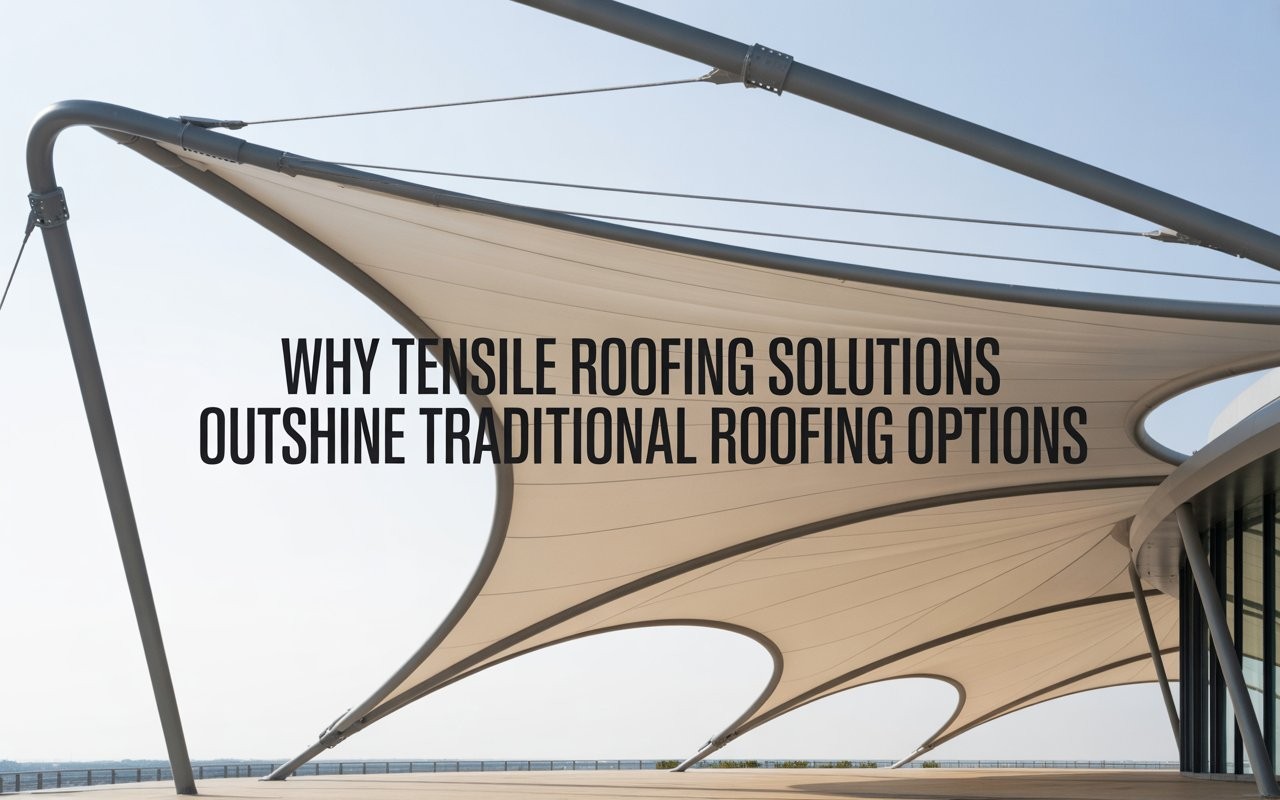
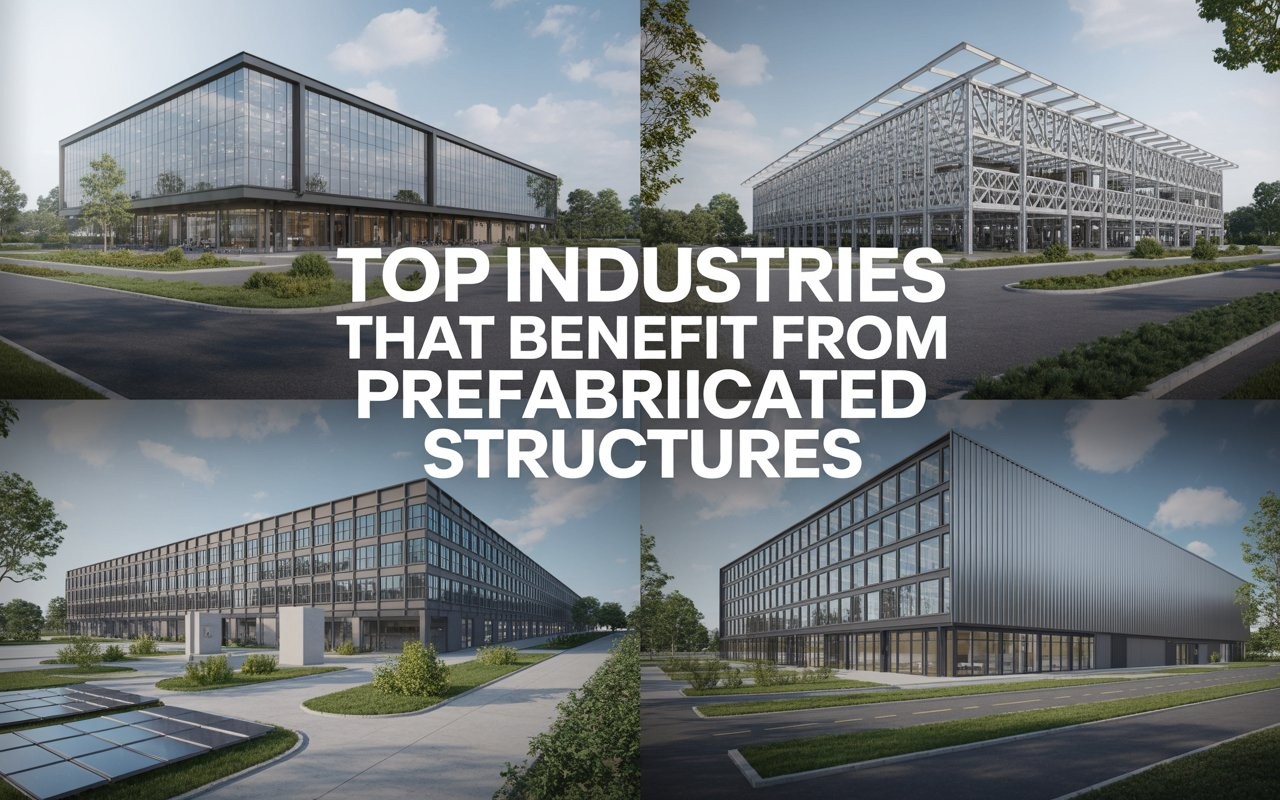
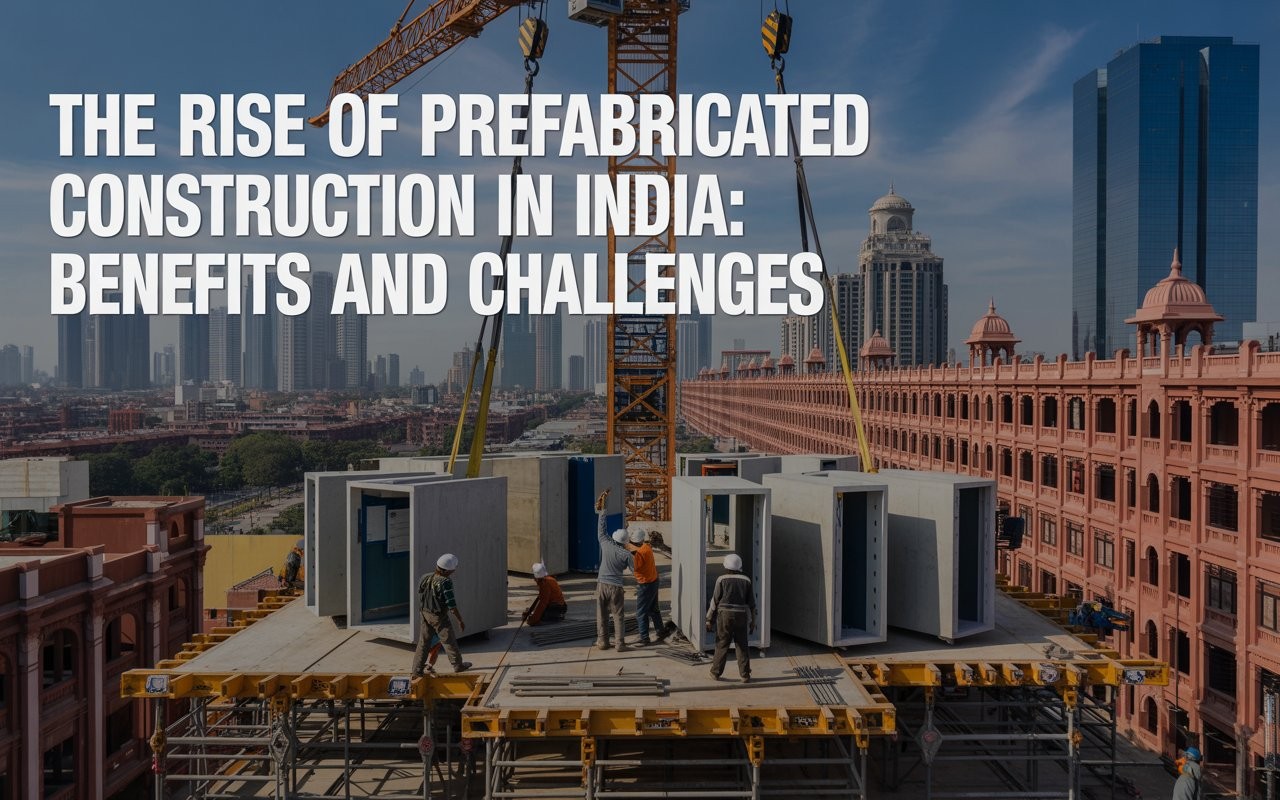
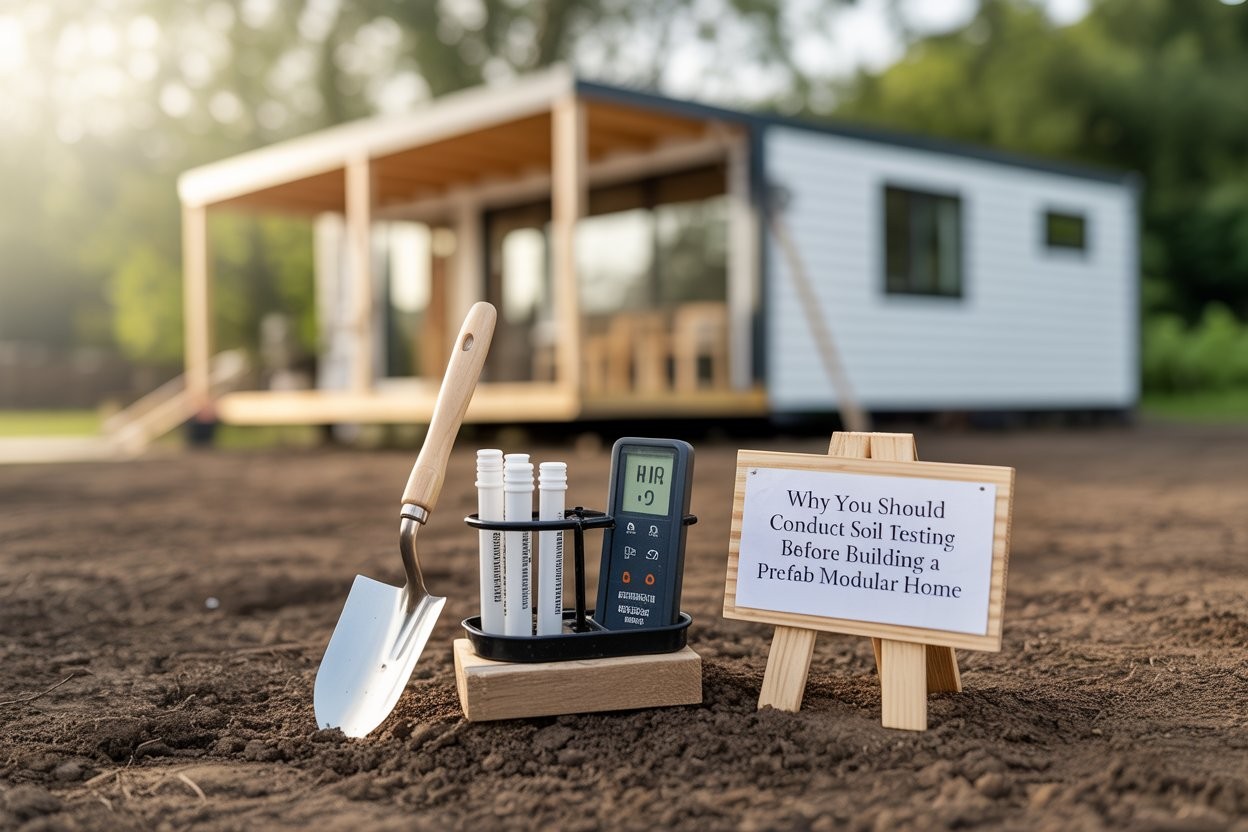
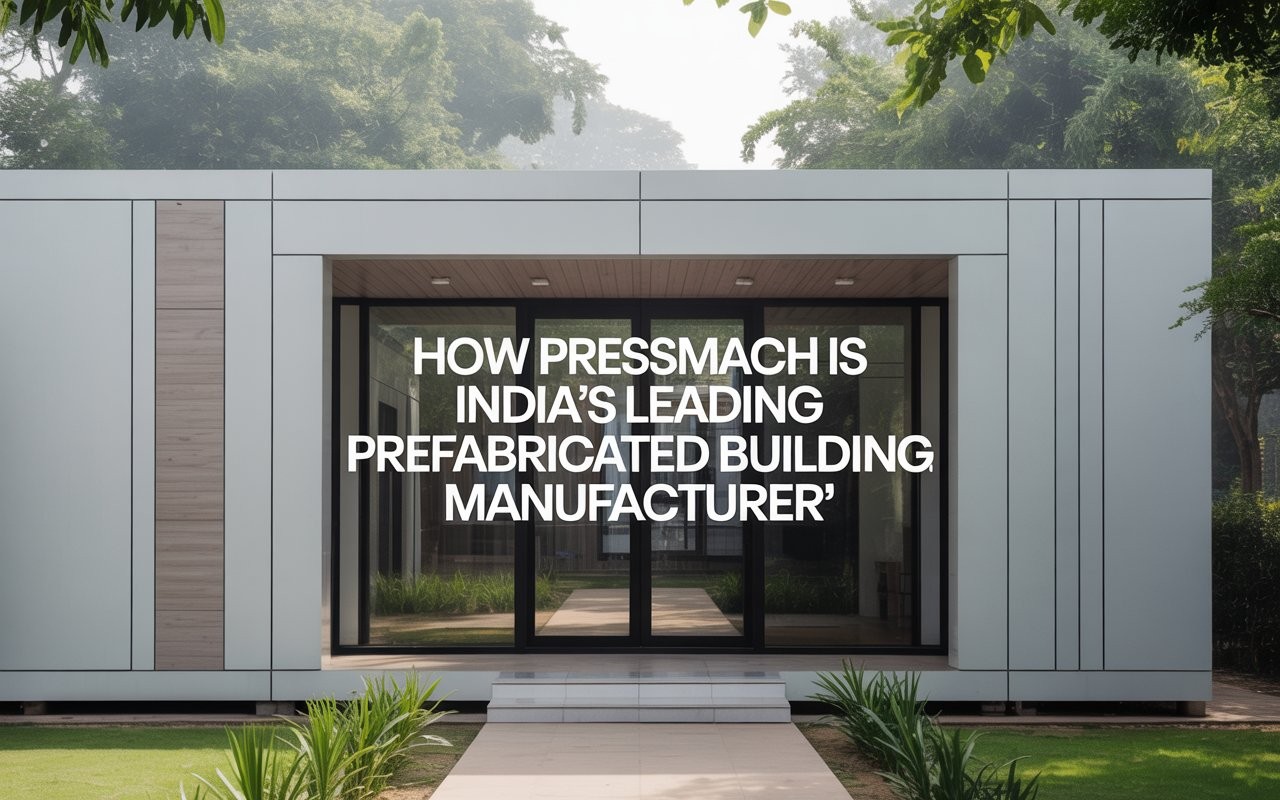
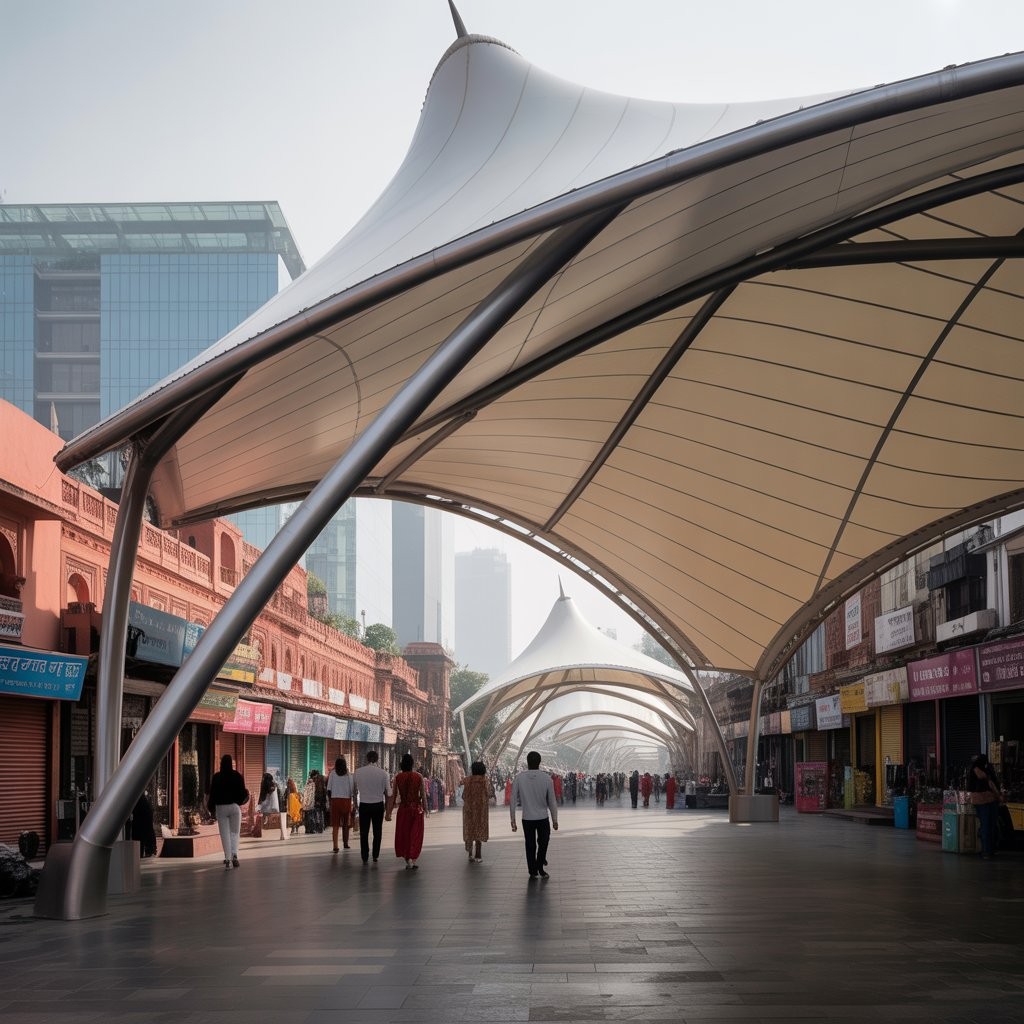
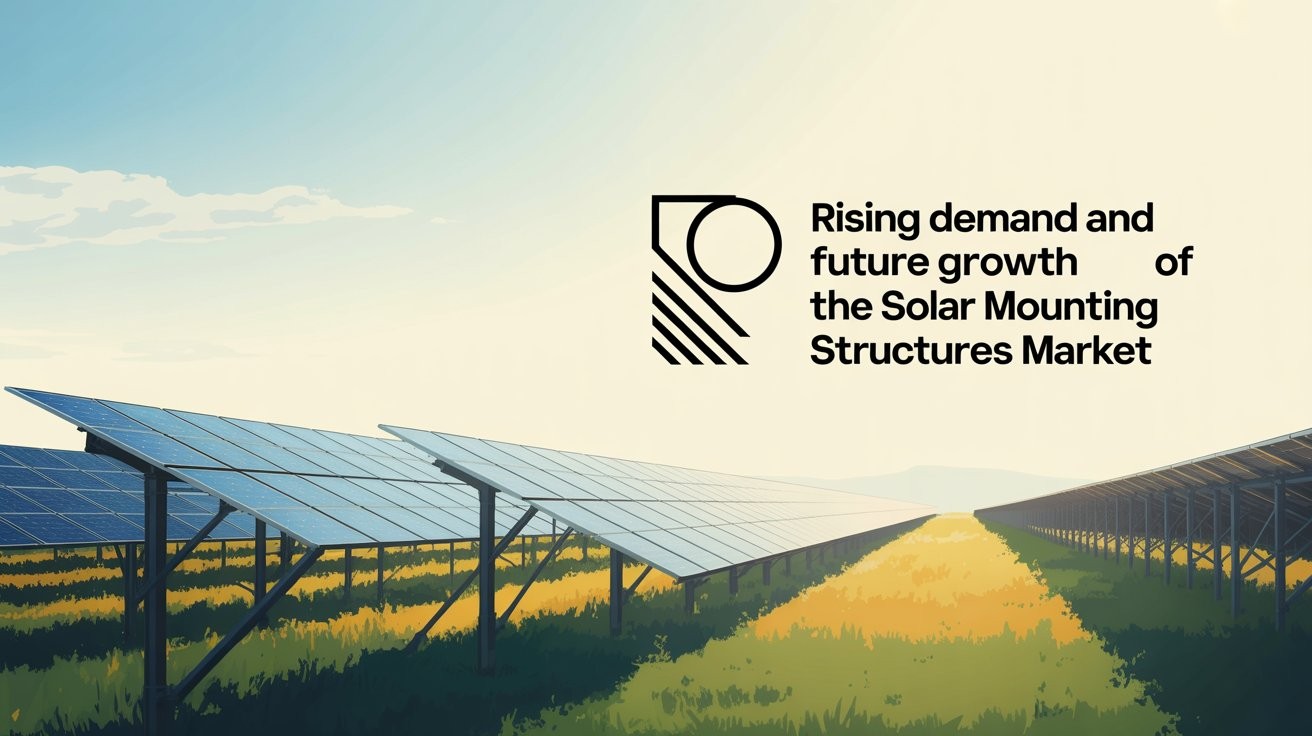
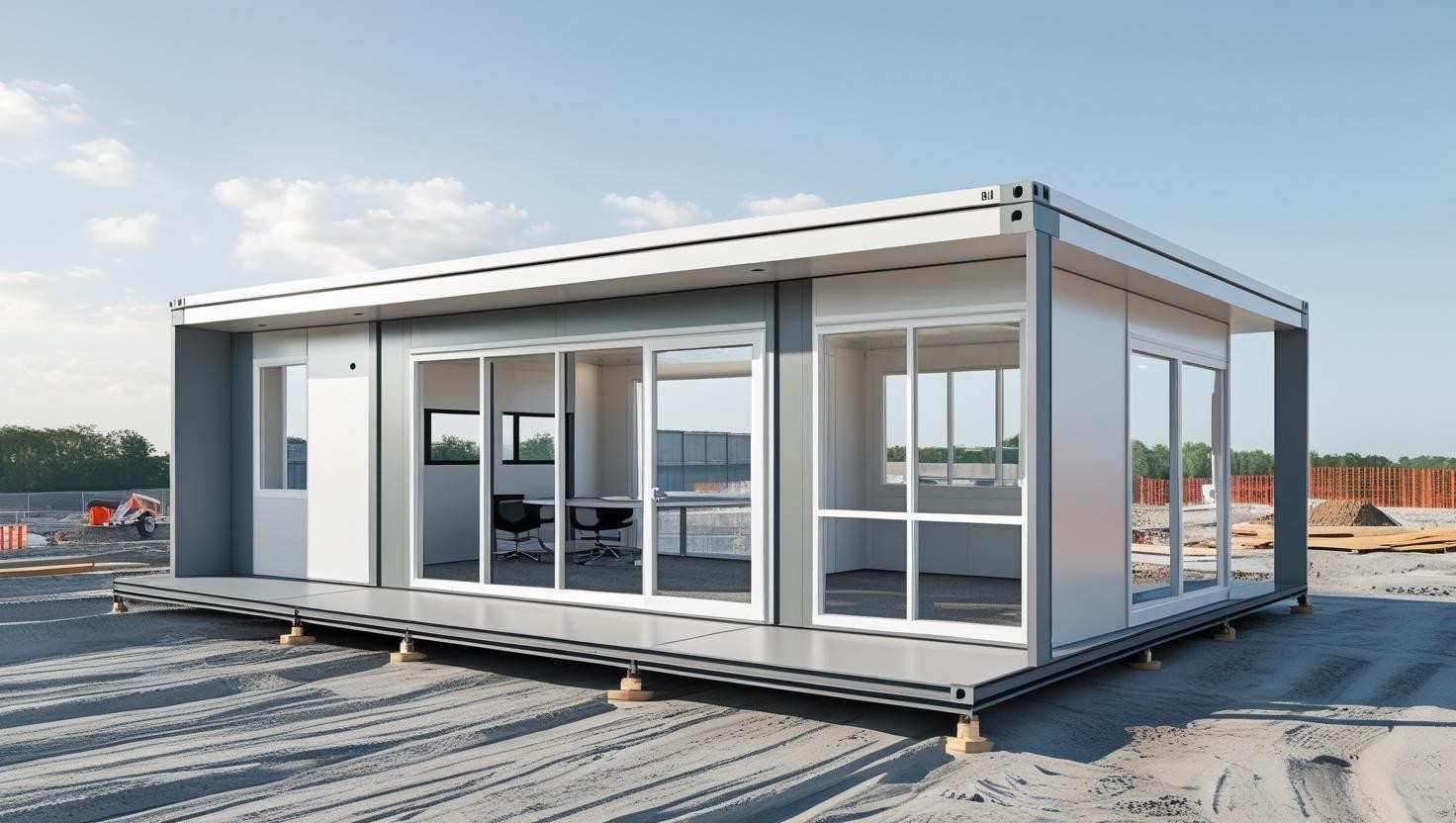
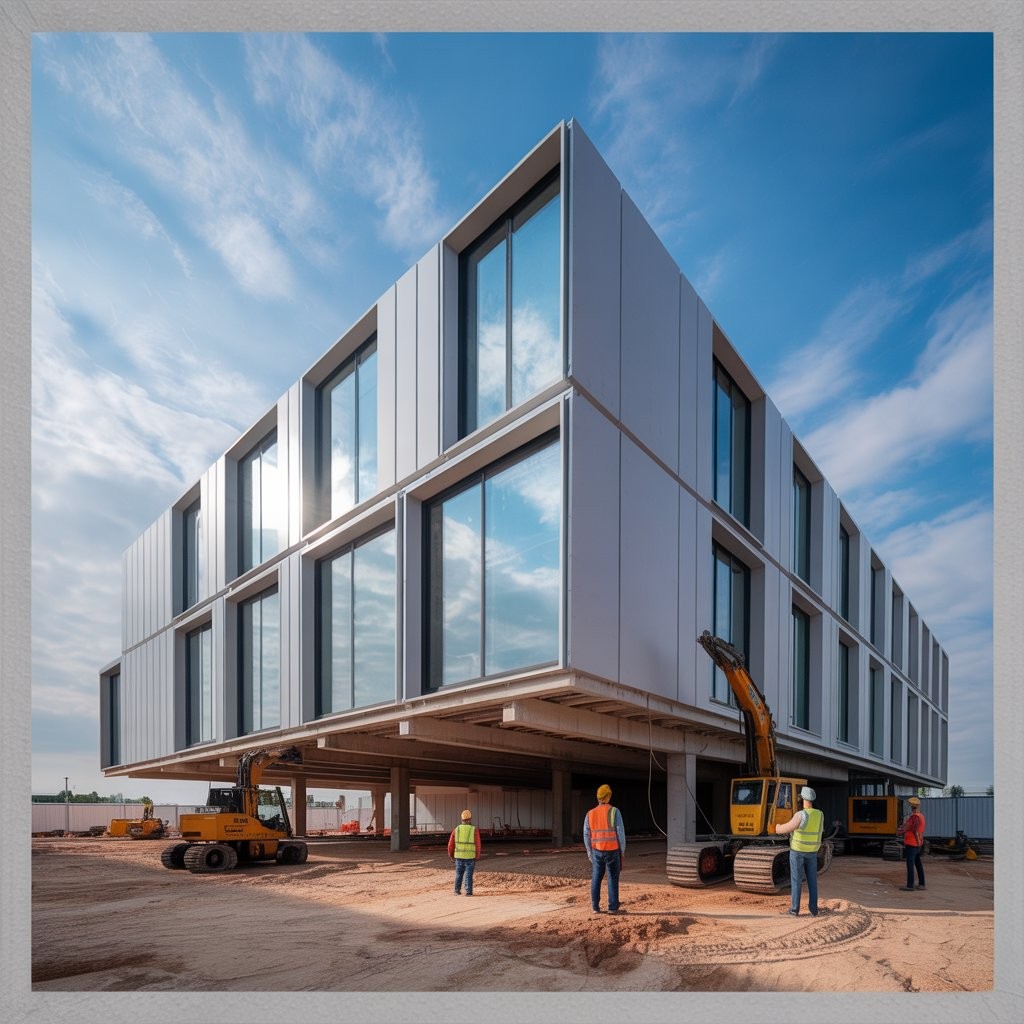










6790c3d8f29a2.jpeg)
























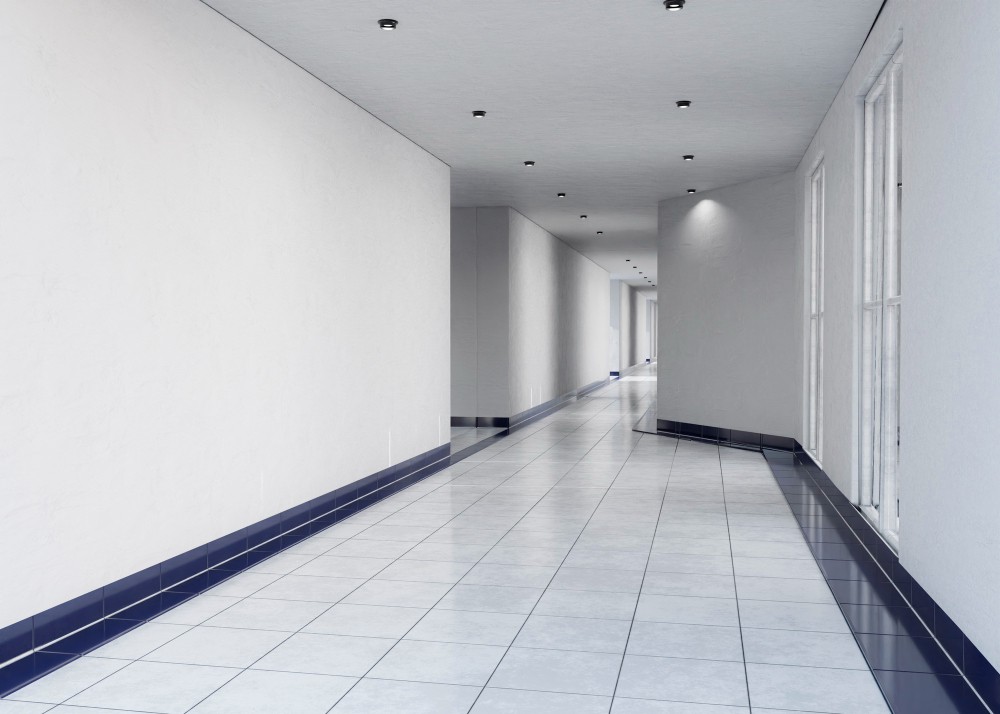
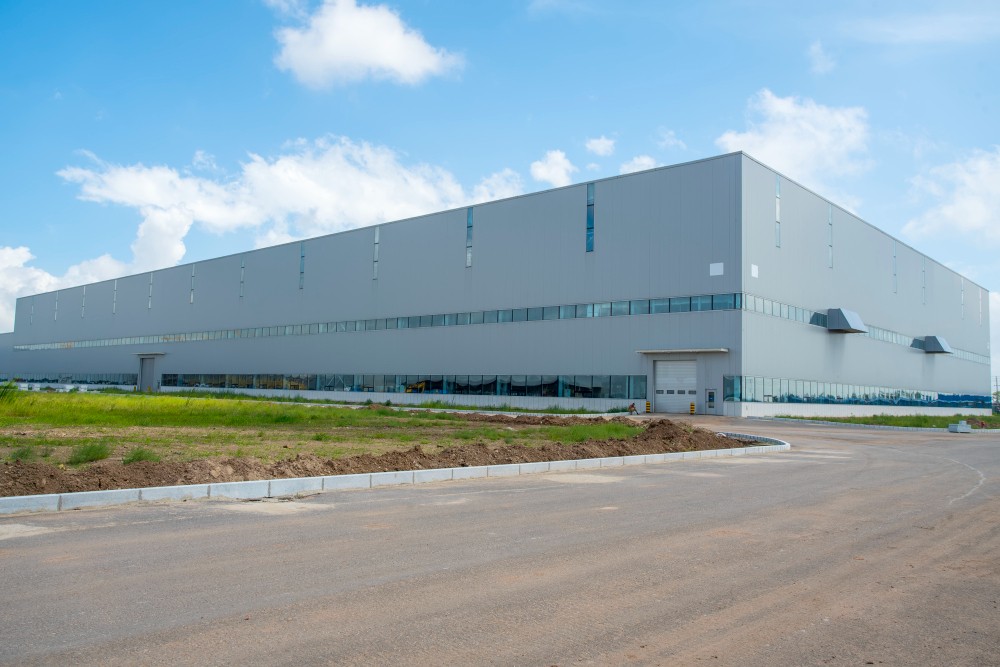

65cf4d38697f9.webp)
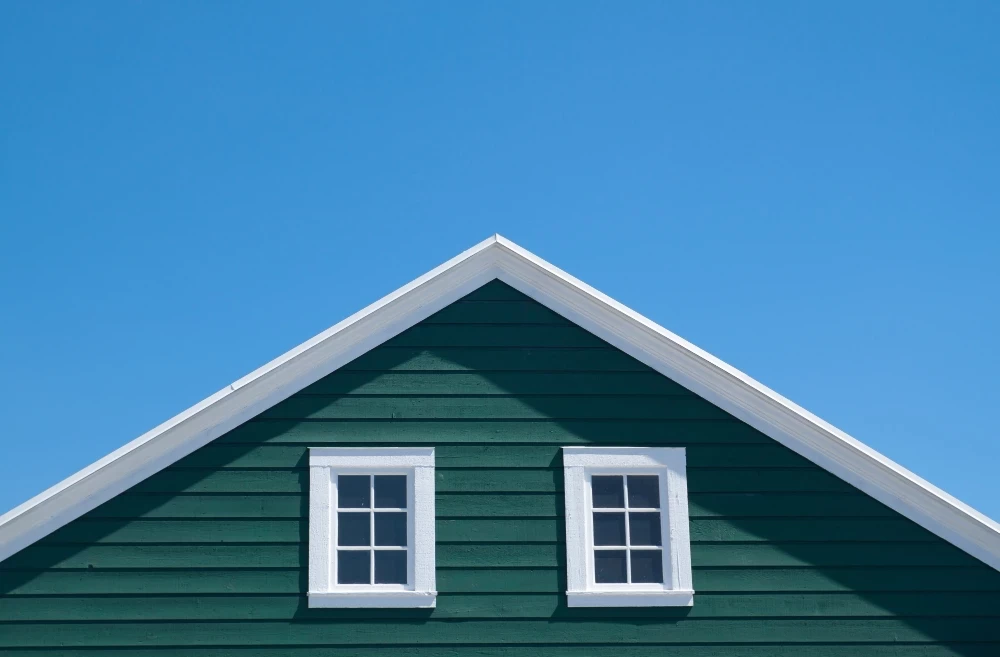
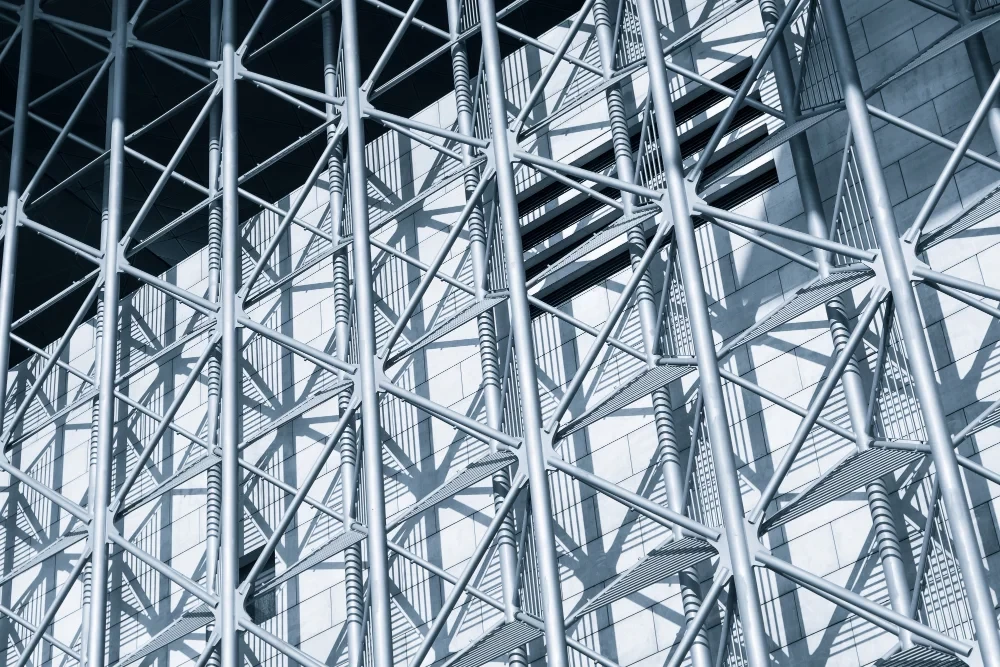
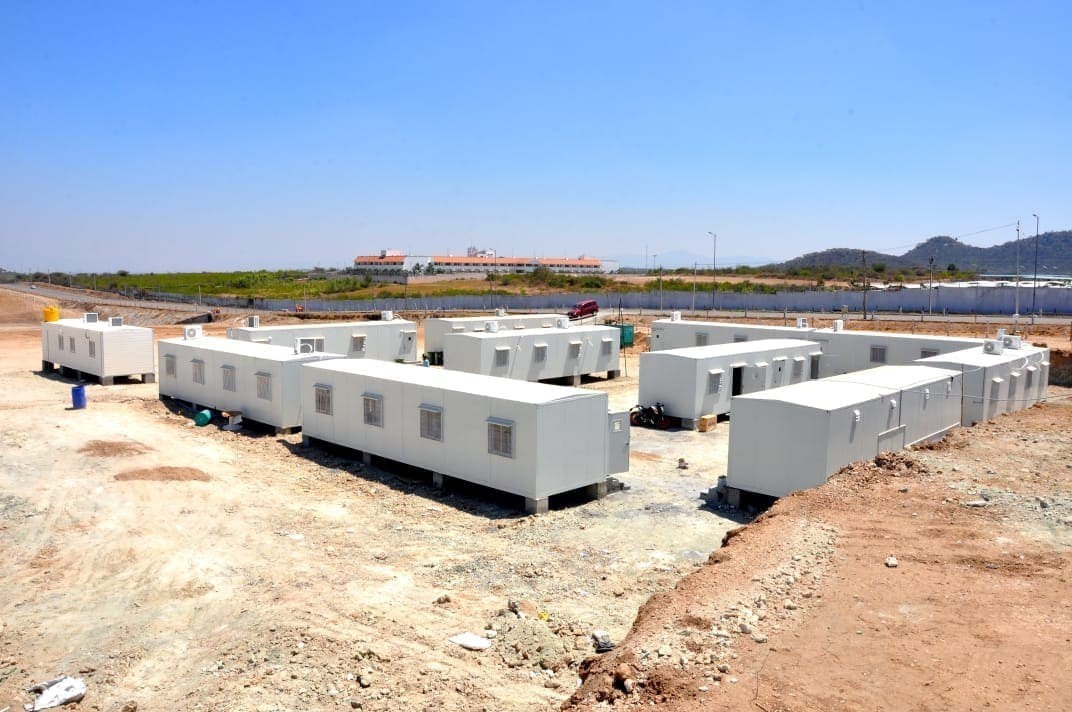
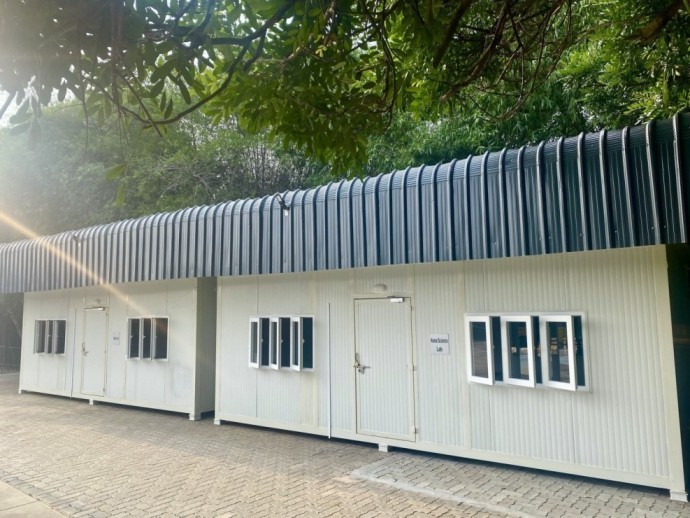

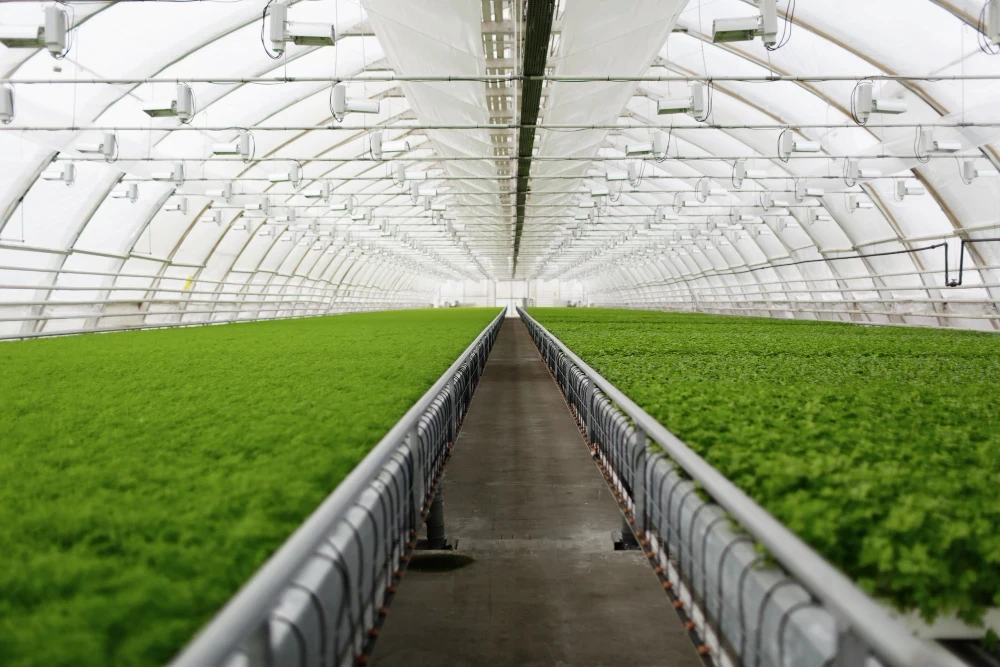
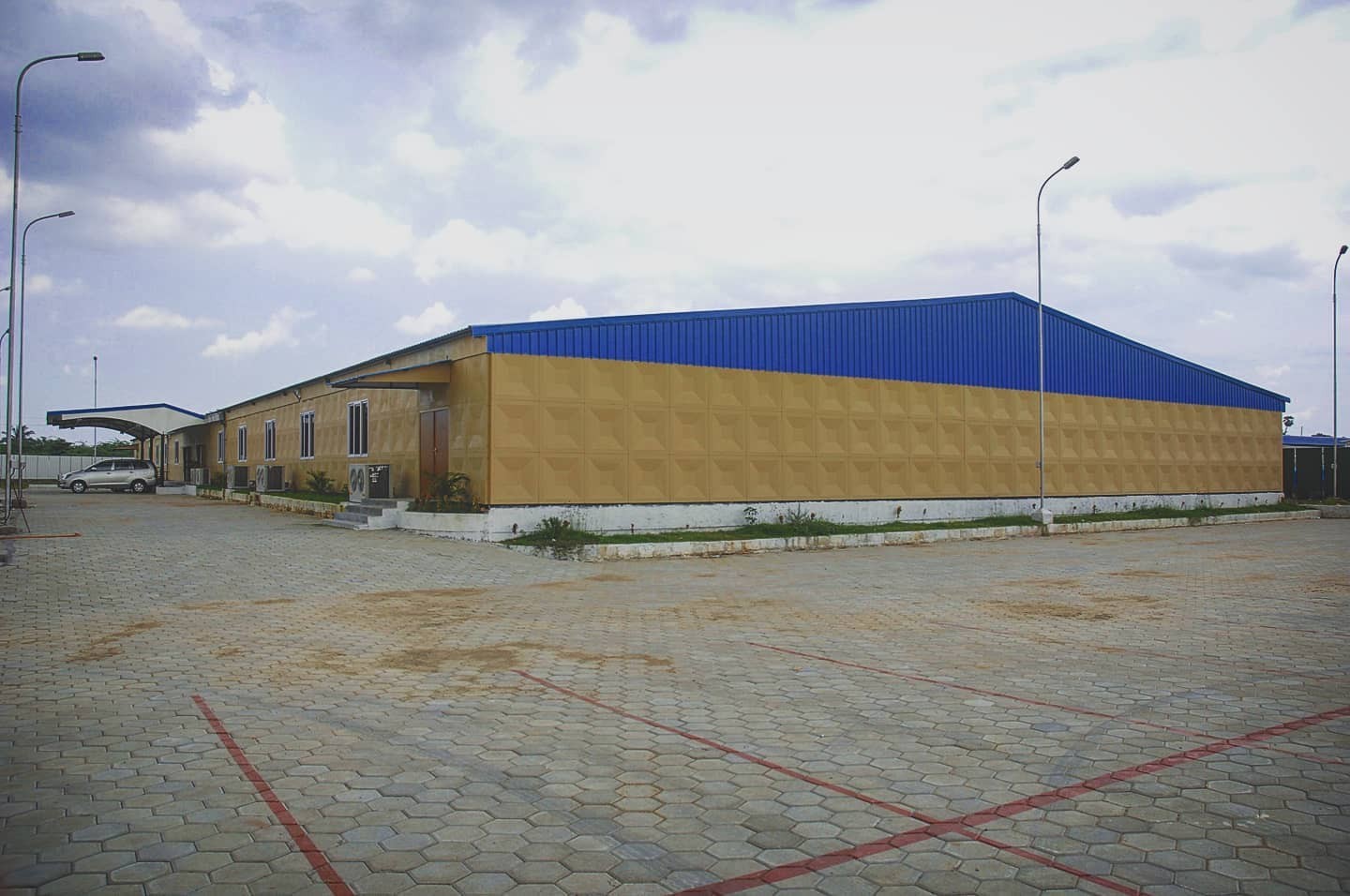
65cf65f046eed.webp)
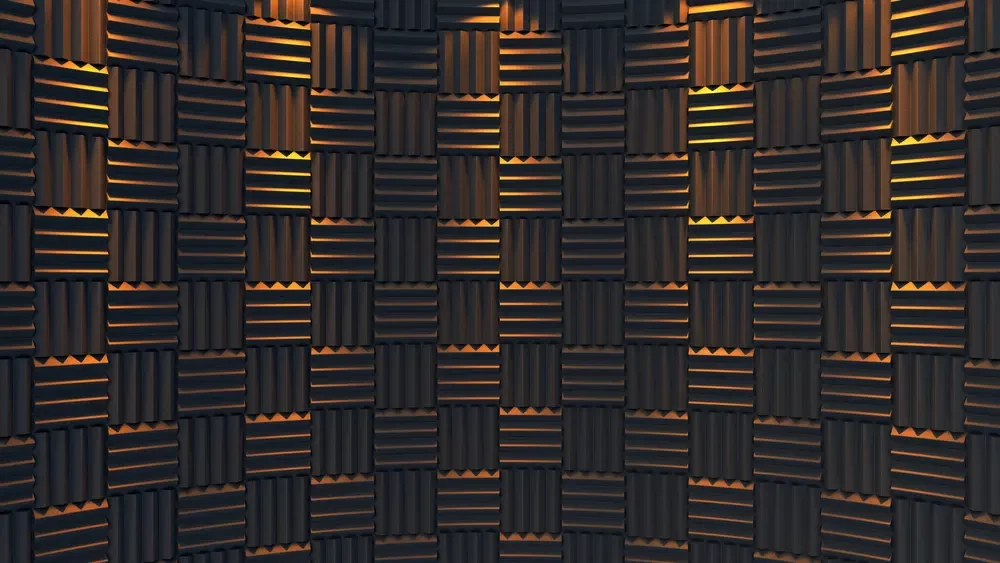
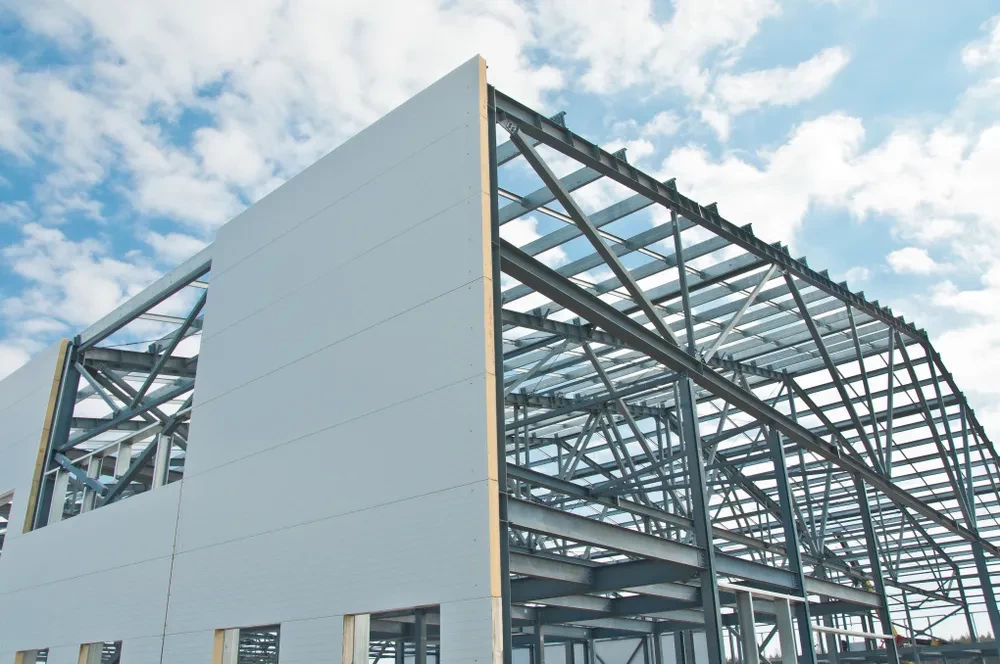
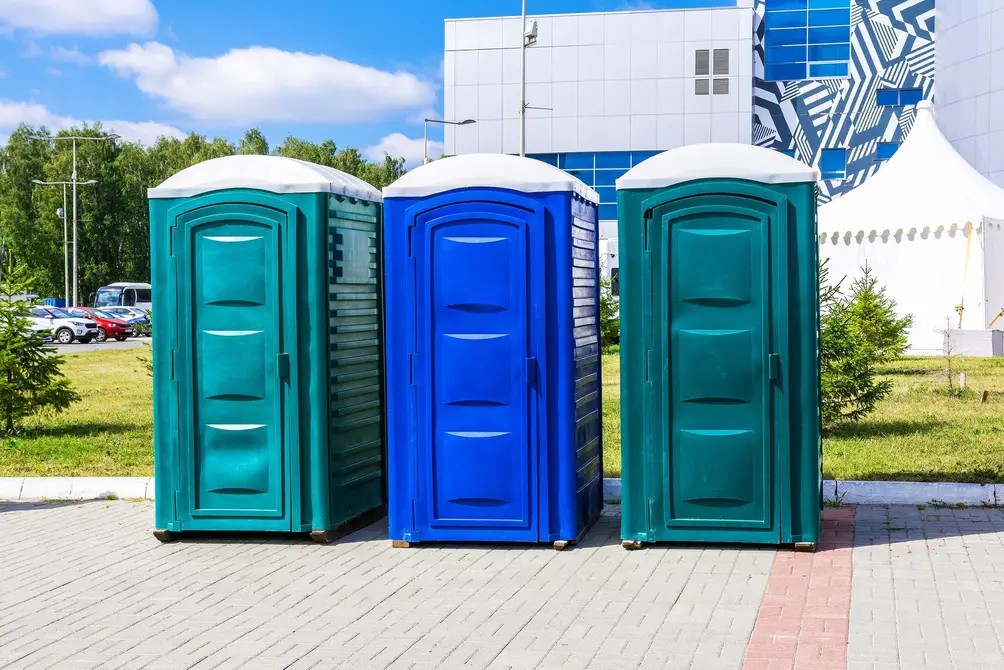
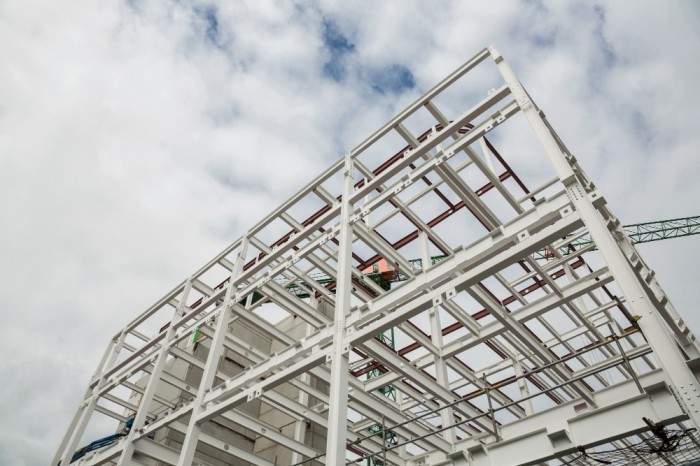
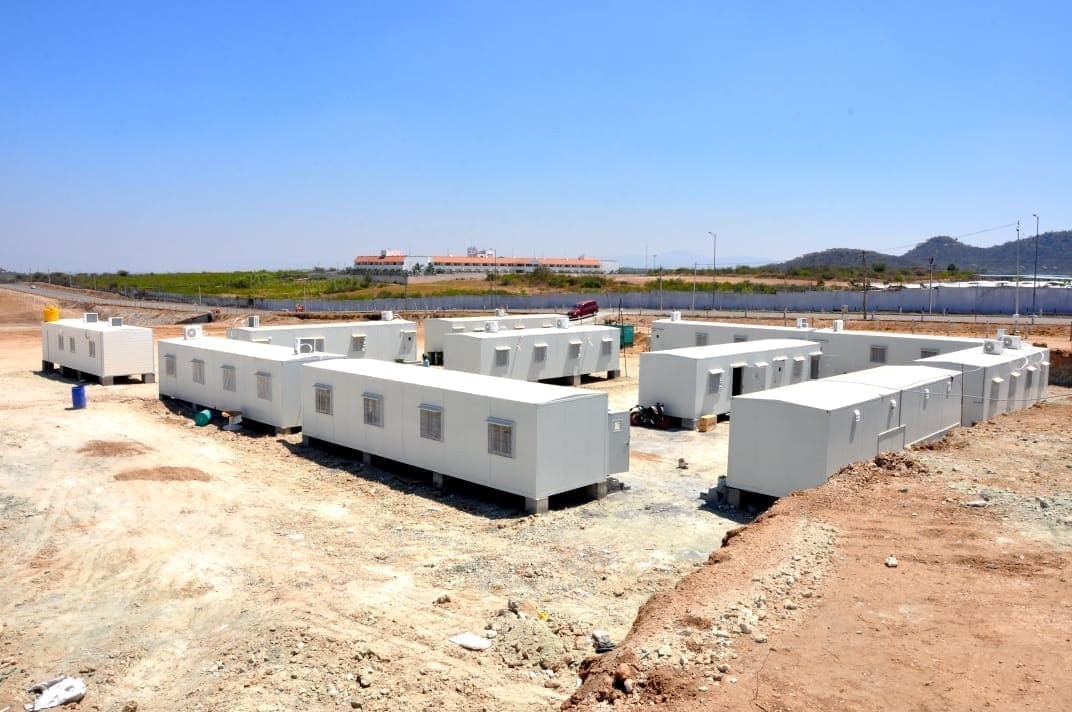
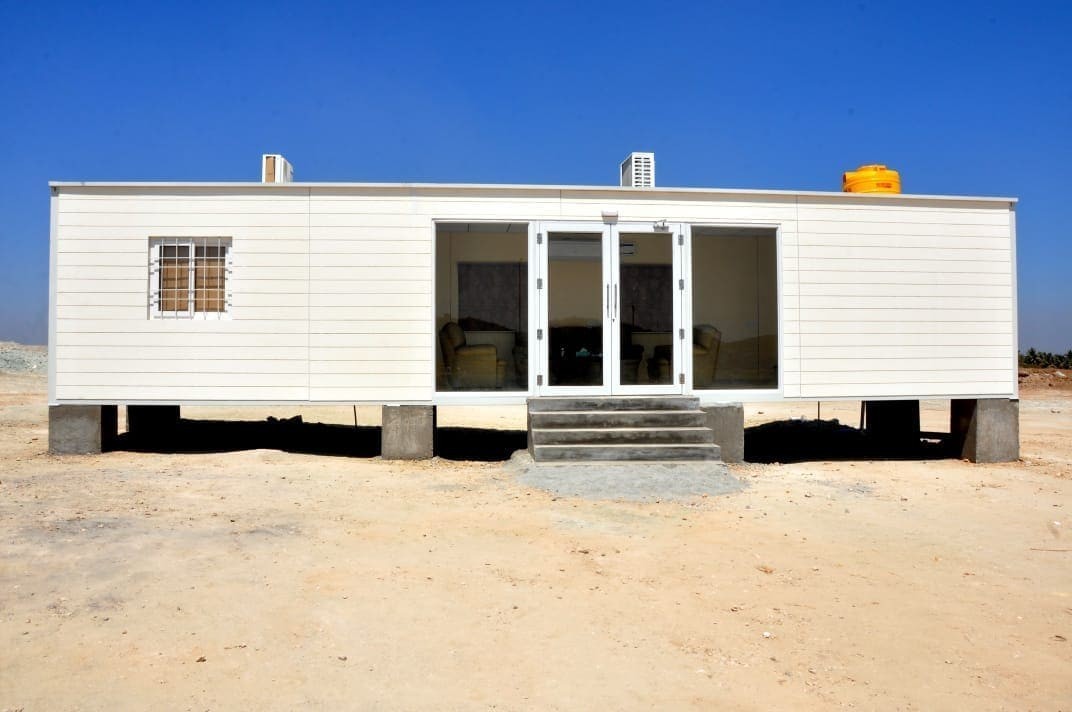
64afe3444467b.jpeg)
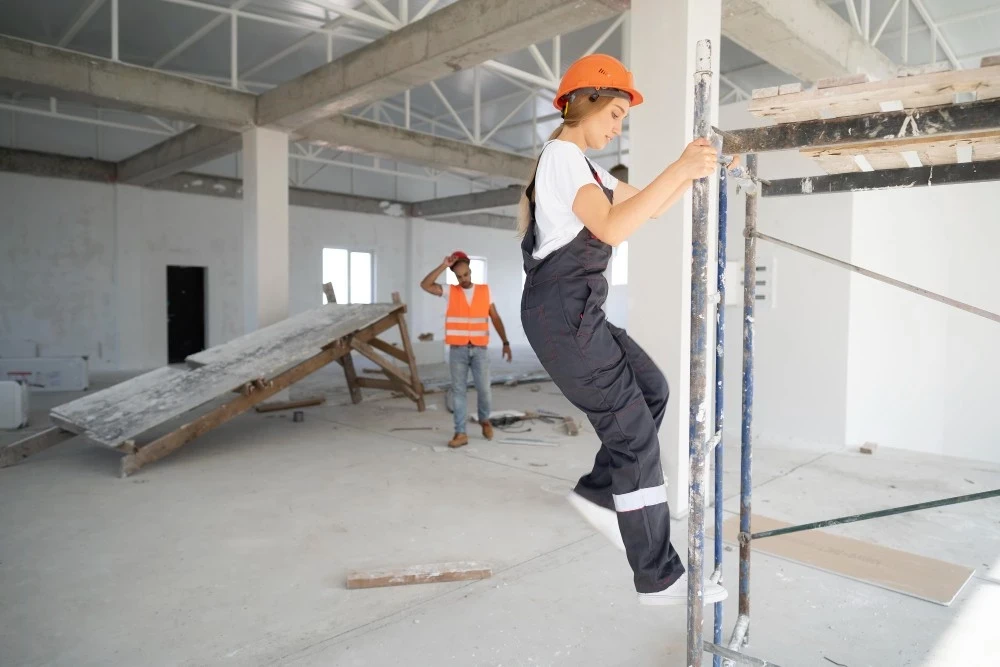
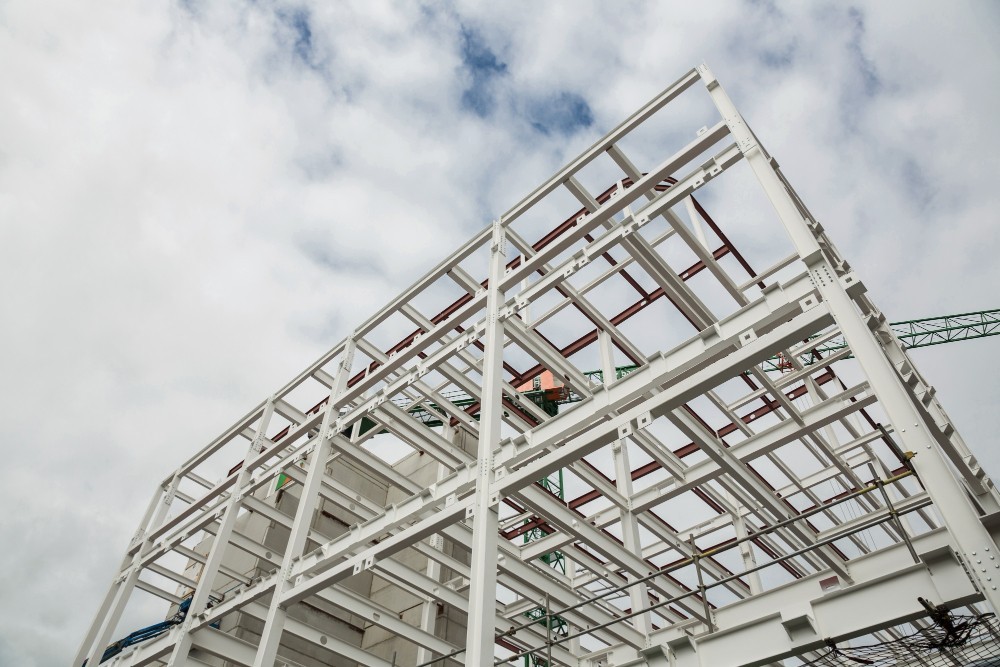
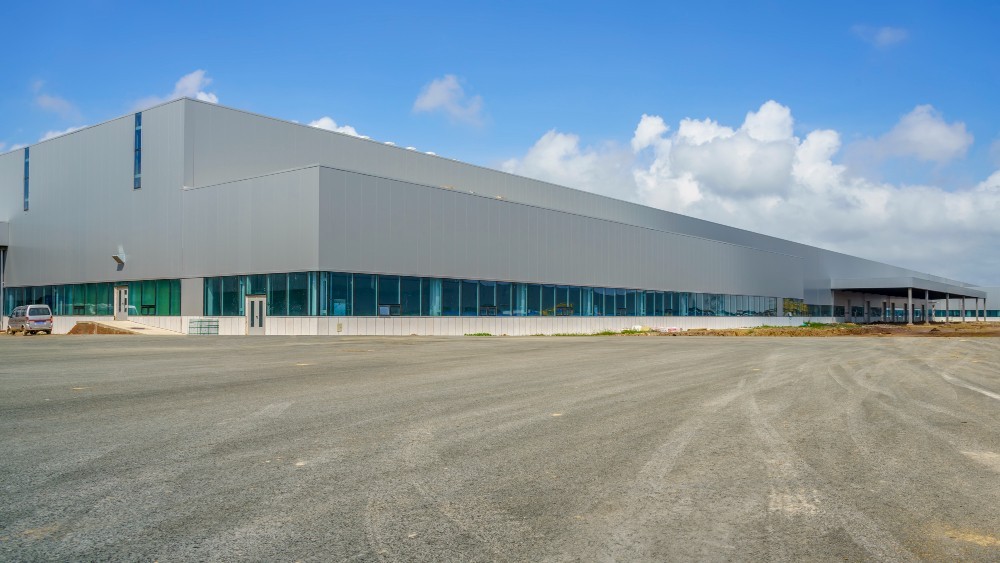
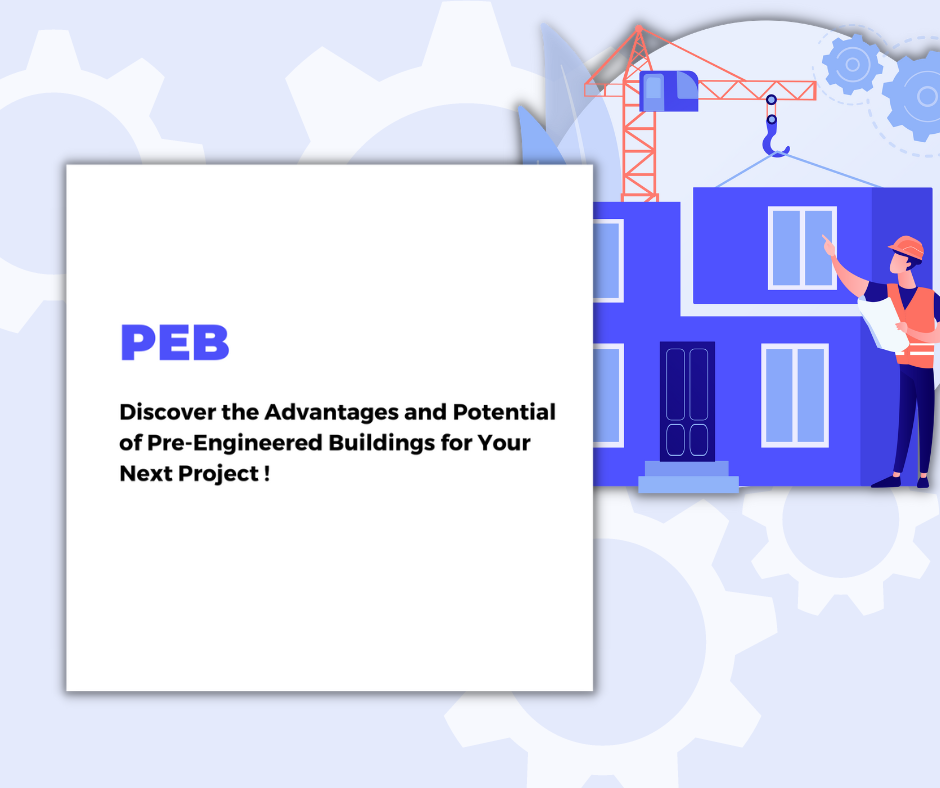
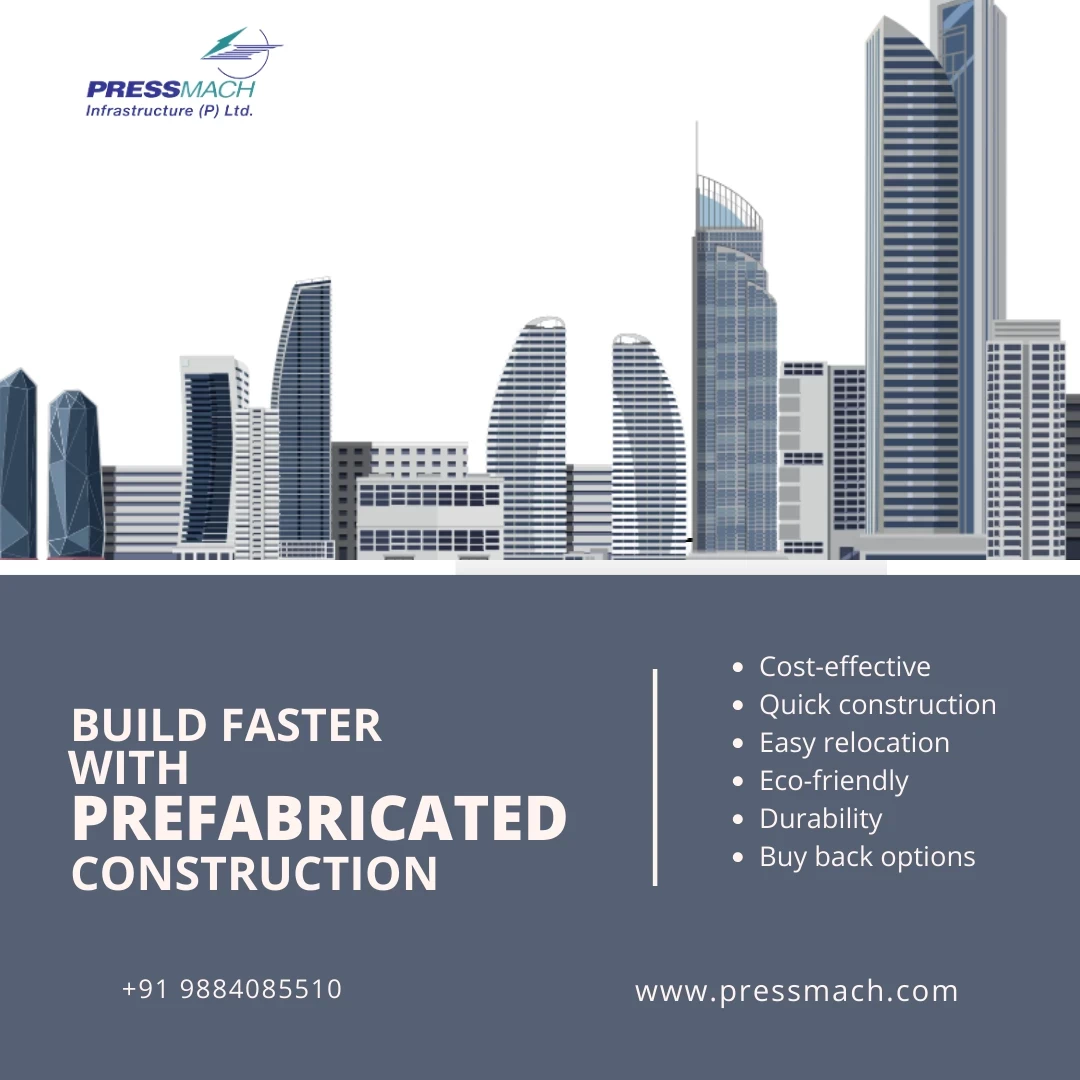
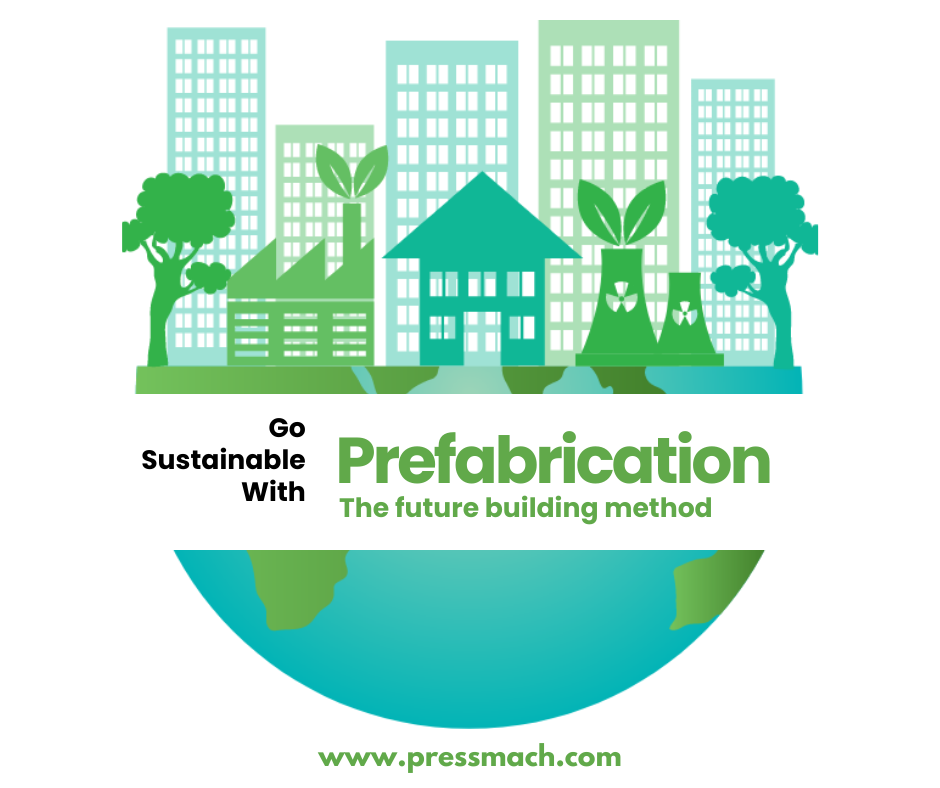
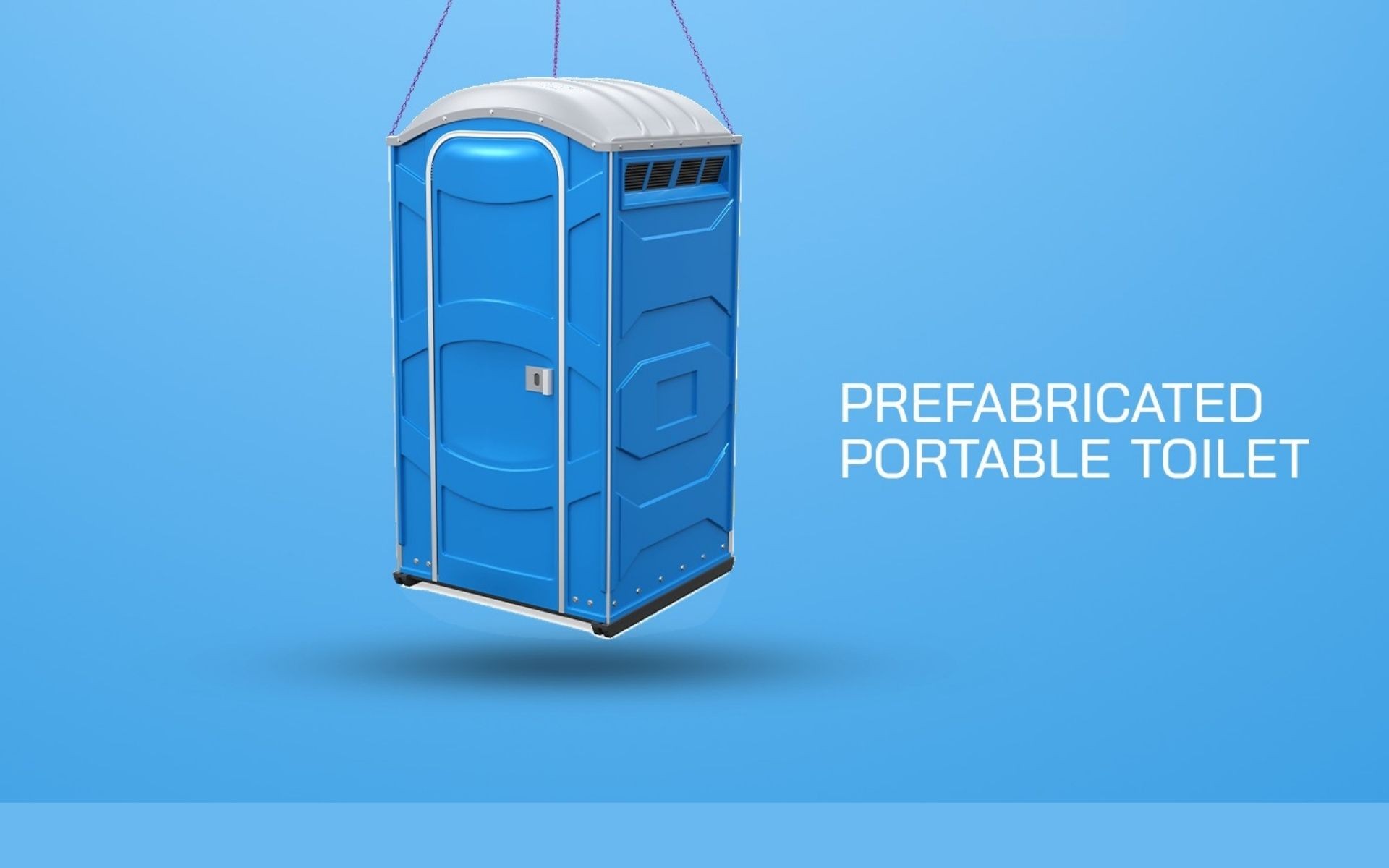

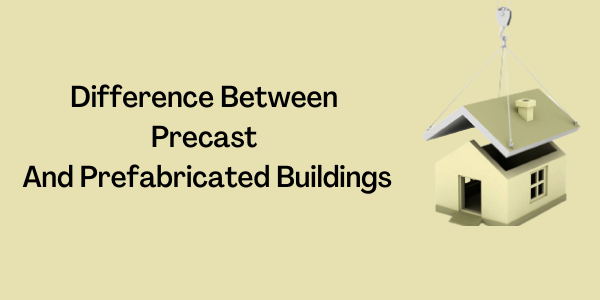
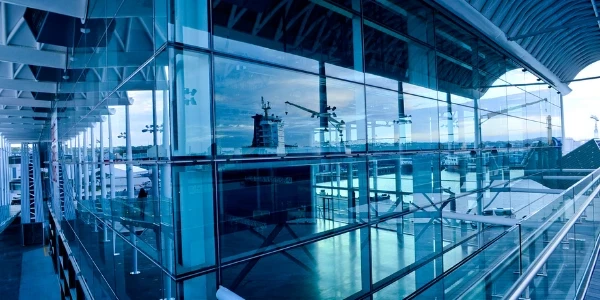

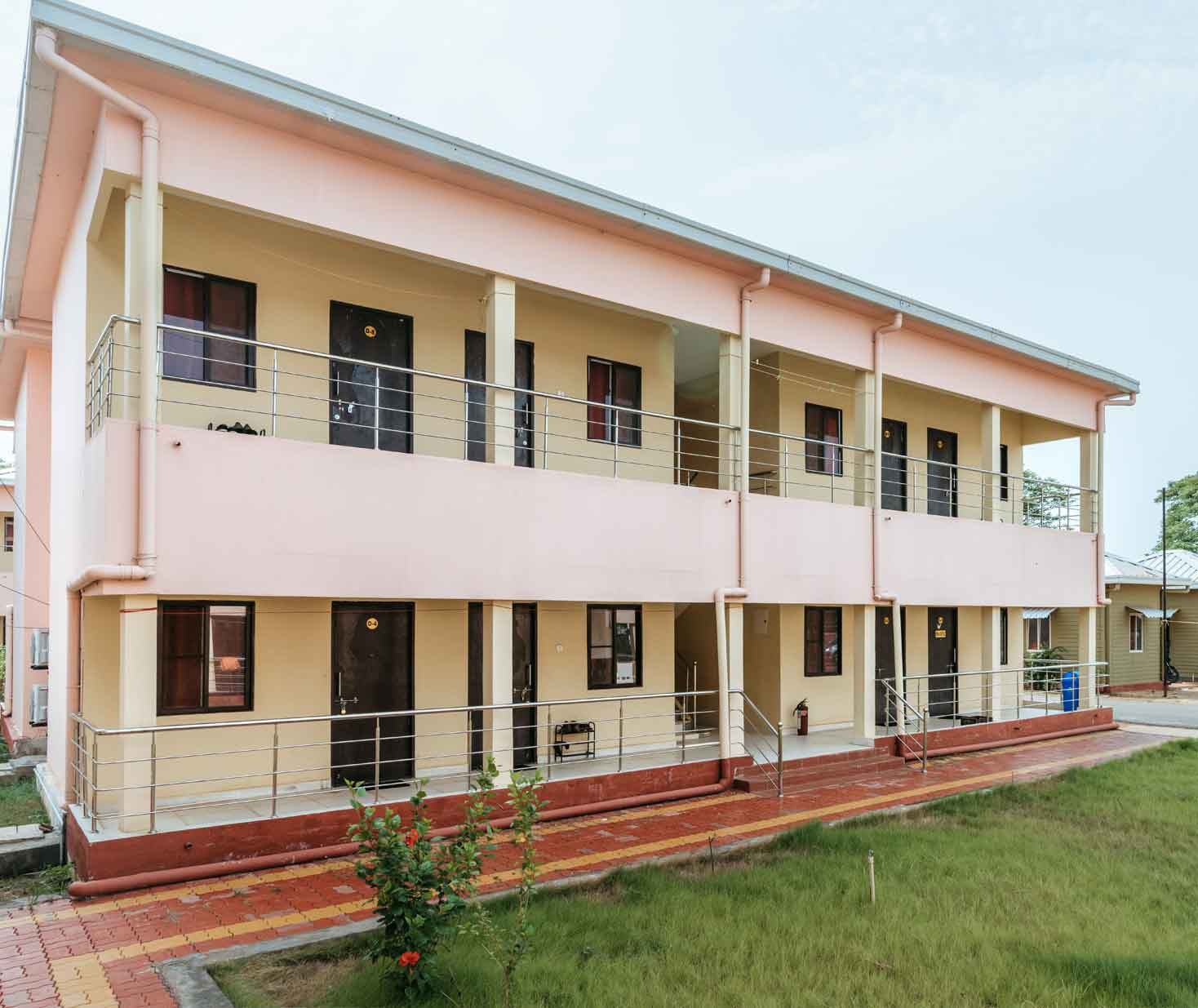
 site office front view622f00119ba65.jpg)

6349487807893.jpeg)